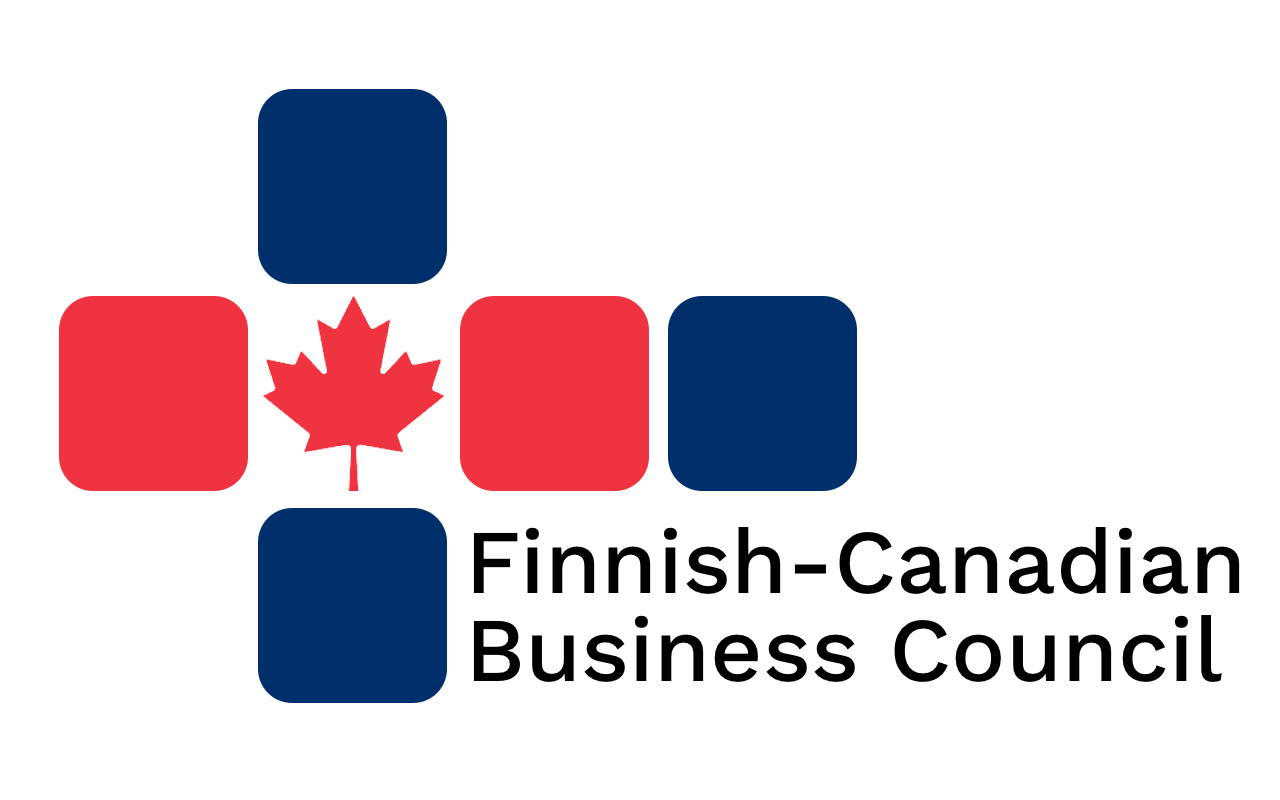Enterprise Canada Network
Enterprise Canada Network: Connecting Canadian SMEs to European opportunities.
The biggest lesson Canadian SMEs learned after the Great Recession, is that putting all their eggs in one basket is a plan to fail. That basket, for Canadian exporters at least, is the United States, says Jayson Myers, CEO of the Canadian Manufacturers & Exporters Association (CME).
“In the span of 90 days back in 2008, Canadian businesses witnessed a 30 per cent evaporation of US market share,” says Myers. “That’s a tough pill to swallow. But today the appetite is there, more than ever before, to branch out globally … to boldly go where many small Canadian companies haven’t gone before.”
And what is the biggest barrier for Canada’s small businesses in growing their sales abroad? According to a 2008 Conference Board of Canada Study, and echoed by CME’s 2014 Management Issues Survey, the biggest challenge SMEs face is identifying good market opportunities.

Smaller Canadian companies need information–plain and simple—on opportunities in various countries, and in their area of expertise. And they need to know how to access procurement opportunities. Otherwise, it’s challenging for many to even know where to start.
“Canadian companies are optimistic about increasing their presence around the globe in next three years, but first, they need to know how to find new business partners and customers in these markets. “So that tells us they are reading, willing and able to be more globally competitive. They just aren’t sure on how to do it,” says Myers.
At the same time, research shows that exporting can help companies improve productivity and help business stay in business longer. More to the point: exporters employee twice as people, spend six times more on R&D and have revenues of more than twice their domestic equivalents.
“Put yourselves in their (SME) shoes,” explains says Mike Neals, Vice-President of EDC’s SME Strategy. “A typical Canadian SME, particularly the very small one, is likely struggling in the domestic market right now. It’s easy to say, “Start selling into Europe or emerging markets, but many of them just don’t know where to start. It can be pretty intimidating.”
“What Canada’s small businesses don’t know could hurt their competitiveness in the long run,” adds Neals. ‘With the slowdown in the U.S., and the added cost and time required to do business abroad, many smaller companies might be passing on opportunities to expand, because they simply don’t know they exist, or don’t know how to tap into them.”
“It sounds a bit clichéd, but SMEs truly are the heart of the Canadian economy. And we need to help them grow internationally,” he adds.
Enterprise Canada Network: One-stop shop for Canadian SMEs
To that effect, the CME and EDC built the Enterprise Canada Network (ECN), a web site that will allow Canadian companies to register and connect to business, technology and research opportunities posted in the Enterprise Europe Network (EEN) and other databases, in order to build global partnerships.
The ECN platform will connect Canadian businesses and researchers to qualified global procurement opportunities, and create trade by helping them access public and private sector resources. The site is an entire business process built to help Canadian companies find new business leads and educate them on the ABCs and 123s of going into specific markets.
“We truly want to ensure that the ECN is valued tool for Canadian SMEs in their quest to be successful in the global arena,” adds Myers. “If CETA was the Wayne Gretzky of trade deals, Enterprise Canada Network is the hockey stick that puts the puck in the net.”
Essentially, ECN is a one-stop shop for SMEs looking to sell their goods and services. A Canadian company can find its next business partner at the click of a mouse (in theory). But it’s not as simple as a matchmaking dating site; there’s a lot of work involved upfront. The country partners (e.g. CME in Canada) do a lot of background work to ensure the fit is a good for both parties before an introduction is made.
The overall objective is pretty clear: to help Canadian companies find new market opportunities and grow domestically and abroad.
“I talk to SMEs every day,” adds Myers. “Here’s what they’re saying: ‘Help me go global. Show me the way. Help us be successful.’ They’re turning to the CME to find new opportunities as well as business partners abroad. They want us to show them how to do … and how to do it right. We don’t always have the expertise; but that’s why we partner with organizations like EDC, who do.”
“EDC got on board with the CME to build it because we saw the value it could bring to our small customer base,” adds Neals. “We hope to see more Canadian SMEs see incremental growth, in Europe at first, but then in emerging markets as they come on board.” Currently almost 80 per cent of EDC’s 7,100 customers are SMEs.
“Our message is to just register,” says Neals. “Tell us what you do, where you’re interested in pursuing business, and we can help you directly. There’s really no downside to registering. Input your information, and get alerts that match up.”
“We truly want to ensure that the ECN is valued tool for Canadian SMEs in their quest to be successful in the global arena,” adds Myers. “If CETA was the Wayne Gretzky of trade deals, Enterprise Canada Network is the hockey stick that puts the puck in the net.
“We don’t just want Canadian companies to score; we want them to win in the global arena.”
CME is Canada’s largest trade and industry association, and has been the voice of manufacturing and global business in Canada for over 140 years. CME’s membership network accounts for about 82 per cent of Canadian manufacturing production and 90 per cent of goods and services exports.
Read more here.
Source of information: http://exportwise.ca/build-smes-will-come/


